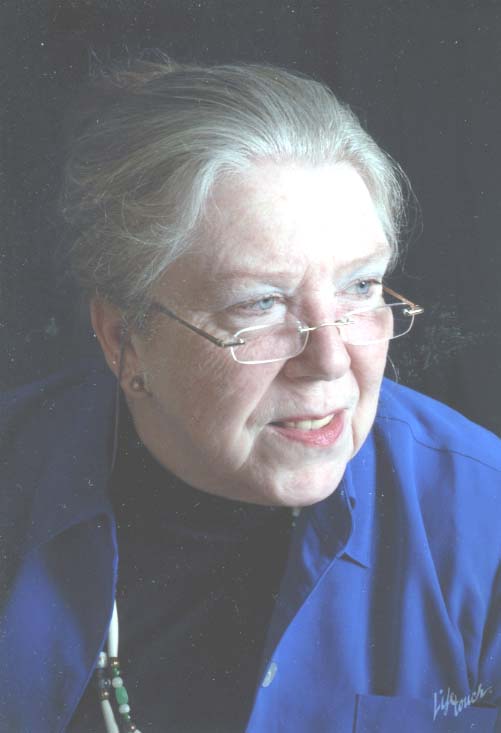Retired ODU Professor Helen Rountree Featured Expert on Public Radio Show
July 26, 2013
 Helen C. Rountree
Helen C. Rountree
Helen Rountree, a retired Old Dominion University professor emerita of anthropology, recently found herself drawn into the public debate over a controversial National Security Agency (NSA) eavesdropping program - well, sort of.
Rountree is widely regarded as a key researcher and authority on East Coast Indian tribes, particularly those residing in Virginia. She joined the ODU faculty in 1968 and retired in 1999. Since then, she has remained active in conducting research and giving lectures.
On July 19, she was a guest on a "BackStory with the American History Guys" public radio program segment, titled "Keeping Tabs: Data & Surveillance in America." Her interview was used as a starting point for a subsequent discussion among the show's hosts about the "unintended consequences of collecting data."
Program notes posted on the show's website provided this description: "Last month, Americans learned that the NSA has been collecting data on millions of Americans' phone calls, and tapping into data gathered by tech companies like Google and Yahoo. The revelations set off another round of debate over the scope of personal privacy in a democratic republic like ours, and the means by which the government 'keeps tabs' on citizens. So in this episode, the Guys explore the changing ways we've collected information on each other - and when it crosses from something necessary into something invasive."
Rountree talked with host Brian Balogh about the way slave records from the 19th century were used by Walter Ashby Plecker to enforce racial purity laws in 20th-century Virginia. Plecker was a doctor who became head of the state's Bureau of Vital Statistics in 1912.
Rountree said Plecker modernized the bureau, insisted on better sanitation practices for midwives and created a system for the registration of birth certificates, but he also had a "dark side."
"He was also a racial purity nut who was determined to keep the white race white," Rountree said of Plecker, whom she wrote about in her book "Pocahontas's People." She further explained that Plecker used vital-statistics records to prove that certain people had African or Indian heritage, so they could be denied rights afforded to white citizens of the time.
"Data used to ensure the liberty of free blacks in the early 1800s was turned against them 100 years later," Rountree said, providing as an example the story of an eastern Chickahominy (Indian) family living in what is now the city of Hampton; the father was a railroad ticket agent and his children attended white-only schools.
Plecker intervened in the late 1920s and had the school board remove the children from the white public schools and send them to the "colored school." At the time, Elizabeth City County spent nine times as much per pupil on funding white schools as it did its minority facilities, Rountree said.
Plecker retired in 1946 and was killed a few months later when he was hit by a truck while crossing the street, Rountree noted.
To hear the full radio segment, including Rountree's interview, visit the Back Story website.

